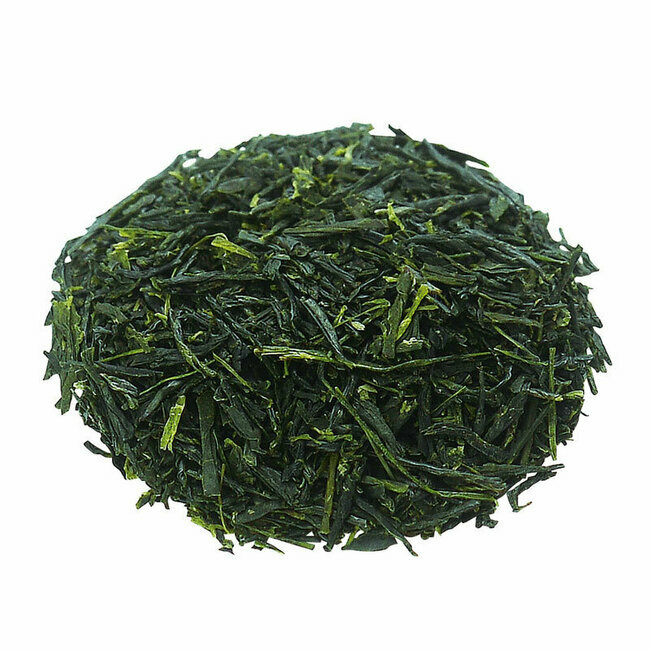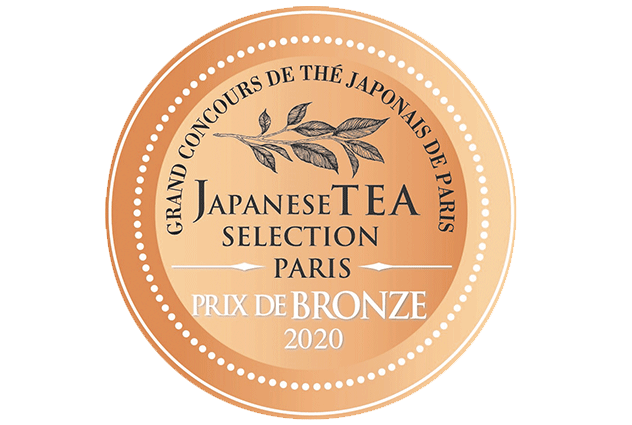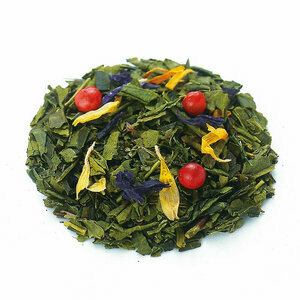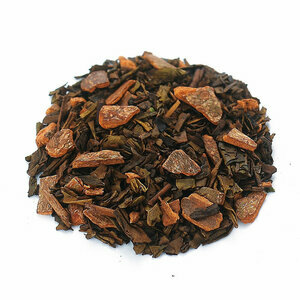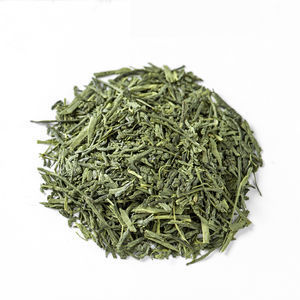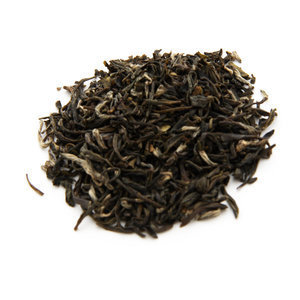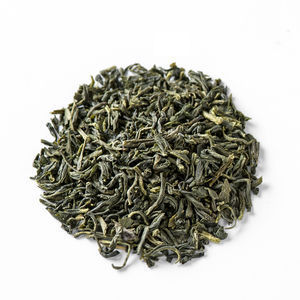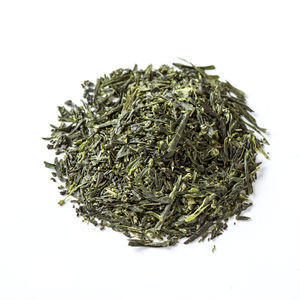
LEARN MORE ABOUT JAPANESE GREEN TEAS
Green teas are "non-oxidized" teas, meaning that oxidation of the leaves is quickly stopped after picking. They therefore retain their green color and all their properties. Green tea is produced mainly in Japan and China, each of these countries having its own manufacturing methods and a different aromatic rendering.
In Japan, green tea (Nihon-cha) represents more than 99% of national production and comes mostly from the islands of Kyushu and Honshu. There are different varieties of green teas: Sencha, Genmaïcha, Gyokuro, Hojicha, Matcha, Bancha etc...
The harvest of green tea is made from mid-April to the end of September on 4 harvests.
> The first harvest (April - May), reputed to produce a more refined and less astringent tea than the following ones.
> 2nd harvest (June - July)
> 3rd harvest (July - August)
> 4th harvest (August - September)
Green teas are known for their many benefits and therapeutic properties, which vary from variety to variety. Generally speaking, green teas are rich in antioxidants, vitamins C and amino acids. Among these antioxidants, we can mention the presence of catechin which slows the progression of free radicals in the body and therefore the appearance of cancers.
Sencha is the variety of green tea which occupies the largest share in Japanese production (nearly 70%). With its vegetal and sometimes iodine aroma when grown by the seaside, sencha features needle-shaped leaves with a dark green color. It is produced virtually across the country. Unlike other types of teas which are protected from the sun at some point in their cultivation, Sencha, on the other hand, is fully exposed in the tea fields.
At LUPICIA, attention is paid not only to the gardens and their method of making, but also through the variety of tea plants used. Although Yabukita is the most widely grown variety in Japan, there are other unique and equally aromatic varieties of tea plants.
During each new tea harvest, mainly from March to June, we buy green teas from selected producers throughout the country. Some tea masters continue to use traditional methods such as leaf roasting and their production is only available in small quantities.
The passion and know-how of producers who continue to cultivate and research new varieties and flavors allow Japanese teas to be recognized for their high quality and finesse. Japanese tea is an integral part of daily life in Japan, it is consumed every day whether in hot or iced tea.

